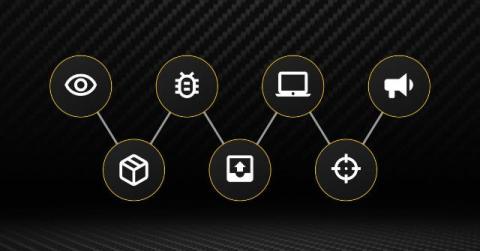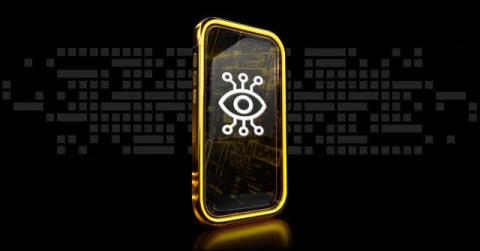How Did My Personal Information Get on the Dark Web?
If you realize that your personal information has been found on the dark web, you may be wondering how this could have happened. Your personal information could have ended up on the dark web through a data breach, a compromised account, a phishing scam or a malware infection. The dark web is part of the internet used by cybercriminals to buy and sell stolen information. Continue reading to learn how to tell if your personal information is on the dark web, how it got there and how to protect your identity.











